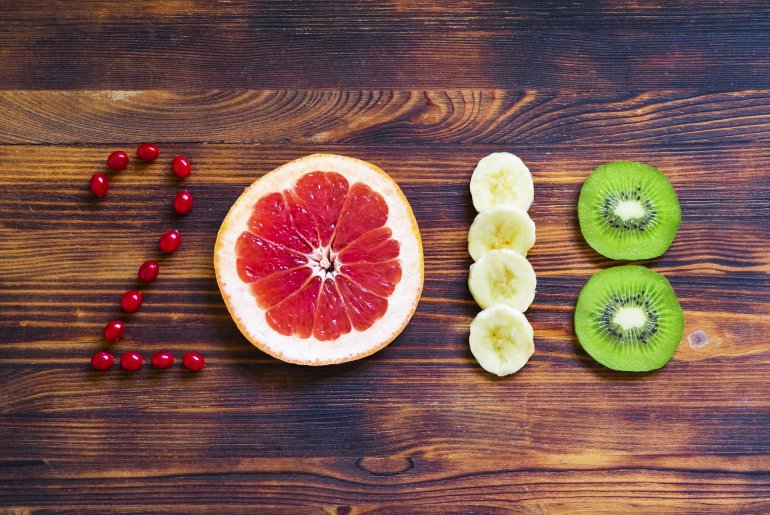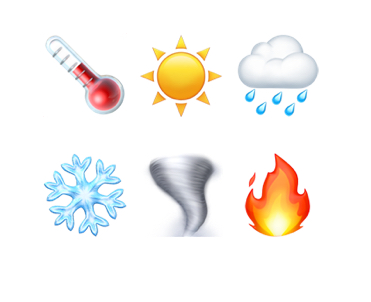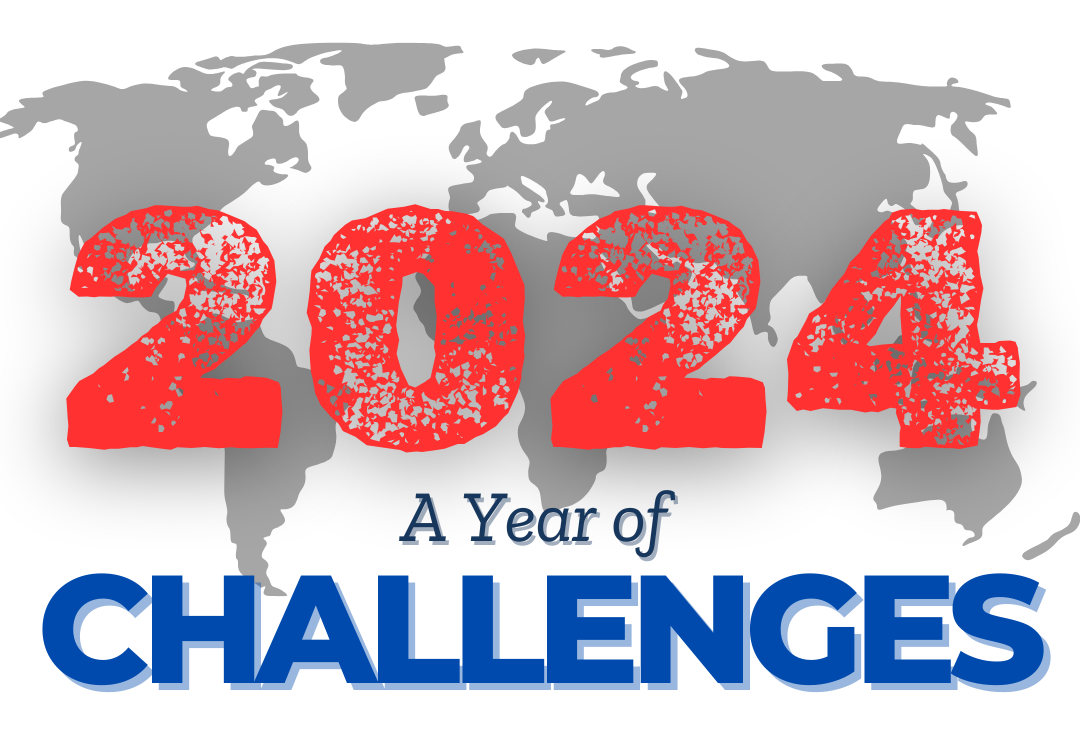Over the course of last year, many different ideas were brought into the light about dieting and living a healthy lifestyle. These were some of the most popular new diet trends of 2018.
The Ketogenic Diet
The Ketogenic diet- (also known as Keto) is a diet that claims to switch your body to “fat-burning” mode. The diet mostly focuses on fats- (various oils, fatty meats, avocados, etc.) and minimizes carbohydrates as much as possible.
A basic guideline of the diet would be:
- 70-75% fat
- 15- 20% protein
- 0-5% carbs- the diet emphasizes on avoiding carbs as much as possible
The main belief of this diet is that through eating fat, they will burn fat. This diet is very popular among bodybuilders and weightlifters.
The diet proves to have benefits, studies prove that Keto can be effective for weight loss. Through cutting out unhealthy carbohydrates (most junk food), one can make healthier food choices resulting in healthy weight loss. Incorporating healthy fats in your diet also is beneficial for your brain and for the absorption of nutrients. It is a good diet for Diabetics, as it focuses on low glucose foods through limiting carbohydrates.
Despite these benefits, the diet has downsides. The diet focuses a lot on calories, especially hitting a lower amount. Since the diet mostly focuses on fats, one eats VERY small portions of food (due to the fact that fats are very calorie- dense). This can lead one to feel unsatisfied and eat more unhealthy food later due to that.
The diet almost completely cuts out carbohydrates- an essential part of a healthy diet. Carbohydrates get a bad reputation as “carbs” are associated with junk food. Meanwhile, healthy carbohydrates are vegetables, healthy grains, fiber, fruits- nutrient-dense foods essential for a balanced diet.
Lastly, the diet isn’t supposed to be long-term. The Keto diet is followed temporarily- whether it be a sports season or a competition. While one can get a good amount of healthy fats it is not a recommended lifestyle. It is not able to be maintained long-term and cuts out on important key nutrients- such as carbohydrates for a healthy balanced diet.
The Paleo Diet
The Paleo diet, also known as the Paleolithic or “Caveman” diet, focuses what our ancestors from the Paleolithic Era. The diet incorporates organic produce (fruits and vegetable), lean meats, as well as nuts and seeds. It also eliminates gluten (this includes ALL grains), sugar and dairy.
Being Paleo does promote a healthier lifestyle due to the promotion of natural, whole foods. By focusing on real food and incorporating more lean protein and healthy fats in their diet, people did lose weight.
However, this diet has downsides. Due to the elimination of grain and dairy, one misses out on many key nutrients essential for a balanced diet. The healthy counterparts of the food groups (such as yogurt, ancient grains, etc.) are overlooked. The diet also focuses heavily on protein, an overabundance may lead to weight gain as well.
Experts suggest to rather follow a “Paleo-based” diet- eat healthy foods from the earth, but not exclude healthy things like ancient grains and dairy (yogurt, kefir, etc.) which contain a lot of nutrients.
The Mediterranean Diet
The Mediterranean Diet shadows the balanced diet of the Greek and middle eastern culture. The diet focuses on natural foods, limiting processed products as much as possible. The diet emphasizes the consumption of seafood, lean meats, various grains (including breads), fruits and leafy green vegetables. It also emphasizes the importance of many natural herbs and spices, as well as olive oil.
This diet is pretty flexible and seems the most maintainable. It lowers the intake of harmful chemicals lurking in processed foods and increases the intake of many key nutrients essential for a balanced lifestyle.
The only downside of the diet is its flexibility. The diet doesn’t mention portion sizes- something one should keep in mind when trying to lose or maintain a weight. While things like olive oil, bread and meats are healthy, they should be consumed in moderation for optimal health. Since the diet doesn’t rely on statistics, one must be VERY intuitive and fair with oneself and one’s health.
Plant- based diet
The Plant-based Diet is very similar to the vegan diet, often getting confused with it.
The Vegan diet & lifestyle excludes ANYTHING derived from/ made with the help of animals (for example: honey). The Plant-based diet focuses on eating plant- derived products such as whole grains, vegetables, fruits, legumes, etc. The diet doesn’t fully forbid, but limits animal products as much as possible. However, the diet emphasizes the importance of whole plant-based products, as it forbids refined and processed products, such as sugar, refined flour and processed oils. It also forbids the consumption of unhealthy non-animal products, such as sugary cereals, candy, chips, vegan “meats/ cheeses”.
The diet proves to have many benefits, as it is effective in reaching a healthy weight. It also promotes healing and hormonal restoration in the body.
The downsides of this diet would be not getting enough protein and nutrients, such as vitamin B12 (vitamin found in animal products). That can be managed however, as there are many plant products that can accommodate for the nutrients found in animal products, such as beans, nuts & seeds, grains, tofu, etc.
Final Thoughts
Through extensive research and my own experience, the healthiest lifestyle I would suggest to follow would be a plant-based Mediterranean diet. This lifestyle would be easy to pursue and would most definitely result in a healthy body and mind. Proceed with caution if you chose to attempt any of these diets. It is important to know that everyone’s body is different and requires a different amount of nutrients than others. It is important to be intuitive and fair for you to reach your optimal health.












